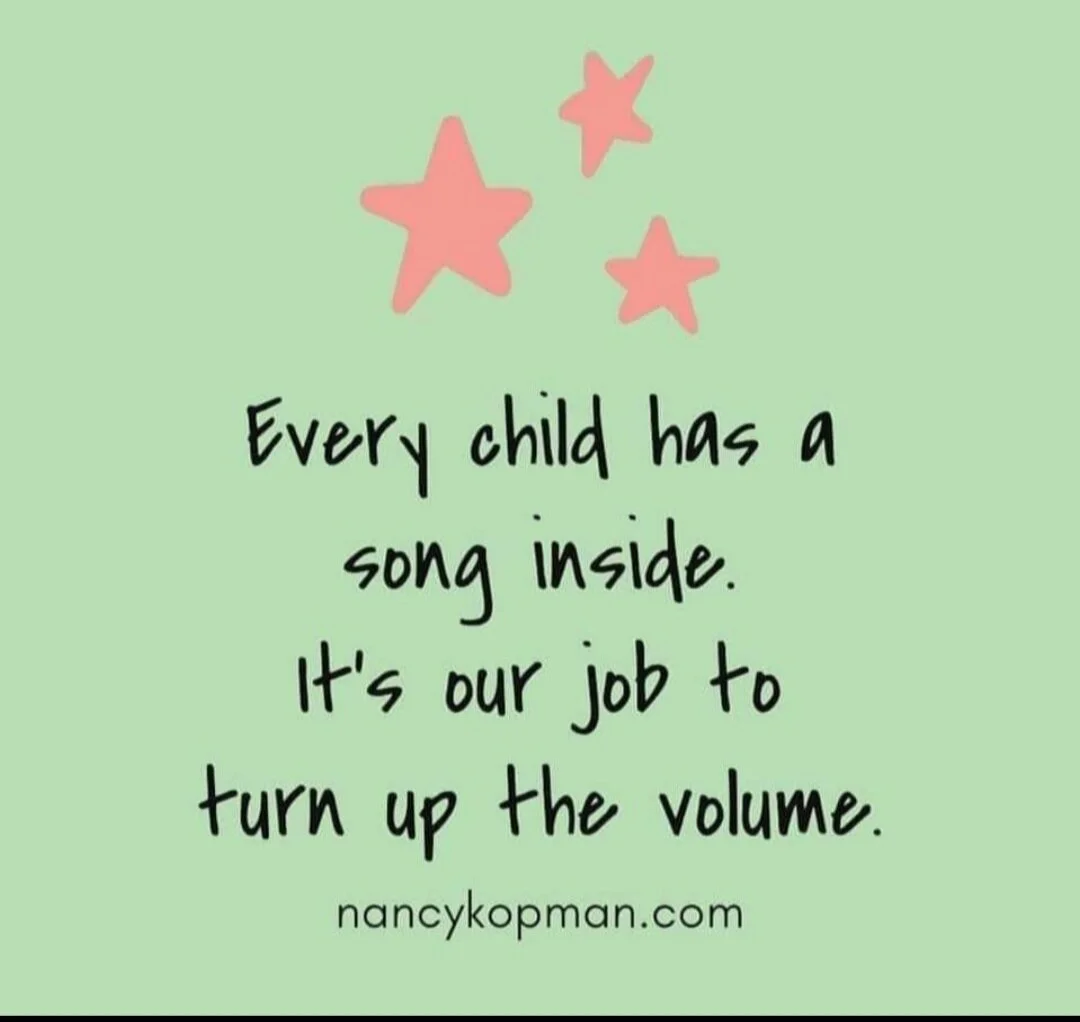A is for Acceptance and B is for Belonging
“Alone, we can do so little; Together, we can do so much.”~Helen Keller
In my children’s book, A-Z for Me! I write about acceptance and belonging. “Accepting others begins with accepting yourself. We may not look the same, but we are ALL humans with unique talents, strengths, and challenges. Loving your unique self grows into accepting others.” As parents, we are our children’s first role models. It is our job to guide and facilitate dialogue with our children by looking for the positive in people and life situations-even during the challenging times. By creating a judgement free place to discuss what is on their minds, your child will feel comfortable and open up. Ask him/her, how they would feel if someone was judging them?
Children comparing themselves to others and displaying self-critical attitudes are harmful. It’s important to keep open discussions of diversity and acceptance of not only others, but especially of oneself. As humans, we all differ in appearance, culture, religious beliefs, and education. Parents can help their children to look at the similarities in people and see the connections to each other. By providing opportunities of exposure to diversity such as eating different cuisines, visiting museums, volunteering in community, reading multi-cultural books, or attending community events, you can expand their experiences. By participating in these activities your child will develop a sense of their own self-love and self-acceptance and a larger connection to their community, state, and the BIG, diverse world of which they reside.
A child’s acceptance of themself and others, will help to foster a sense belonging. Belonging is a basic human need and is fundamental to our happiness and well-being. Feeling accepted and being a member of a group helps a person to see value in themselves and builds connections to others. When a child is cared for and their needs met, they develop sense of belonging and inclusion, which improves mental health and can reduce behavior problems. Inclusiveness is key to promoting community and belonging.
In my book, I state, “We all want to be part of a group and belong. Belonging makes YOU feel happy, safe, included, and accepted. Belonging is a human need, just like food and shelter. Your school, friends, family, church, clubs, and teams are communities that you belong to. Cooperation with others creates friendships, encourages fairness, and acceptance of ALL. Every person has a place in the world and a voice to be heard. You Matter”.
Keeping an open dialogue with your child, expanding their experiences, and promoting acceptance and belonging through discussions and actions are ways to help your child develop. As parents, we are our children’s first teachers and role models. There is no role more fulfilling, demanding, or important than raising your precious child into a caring and compassionate citizen.
*See the Anthology list of Children’s book and Parent Resources for additional children’s books on acceptance and belonging.*





